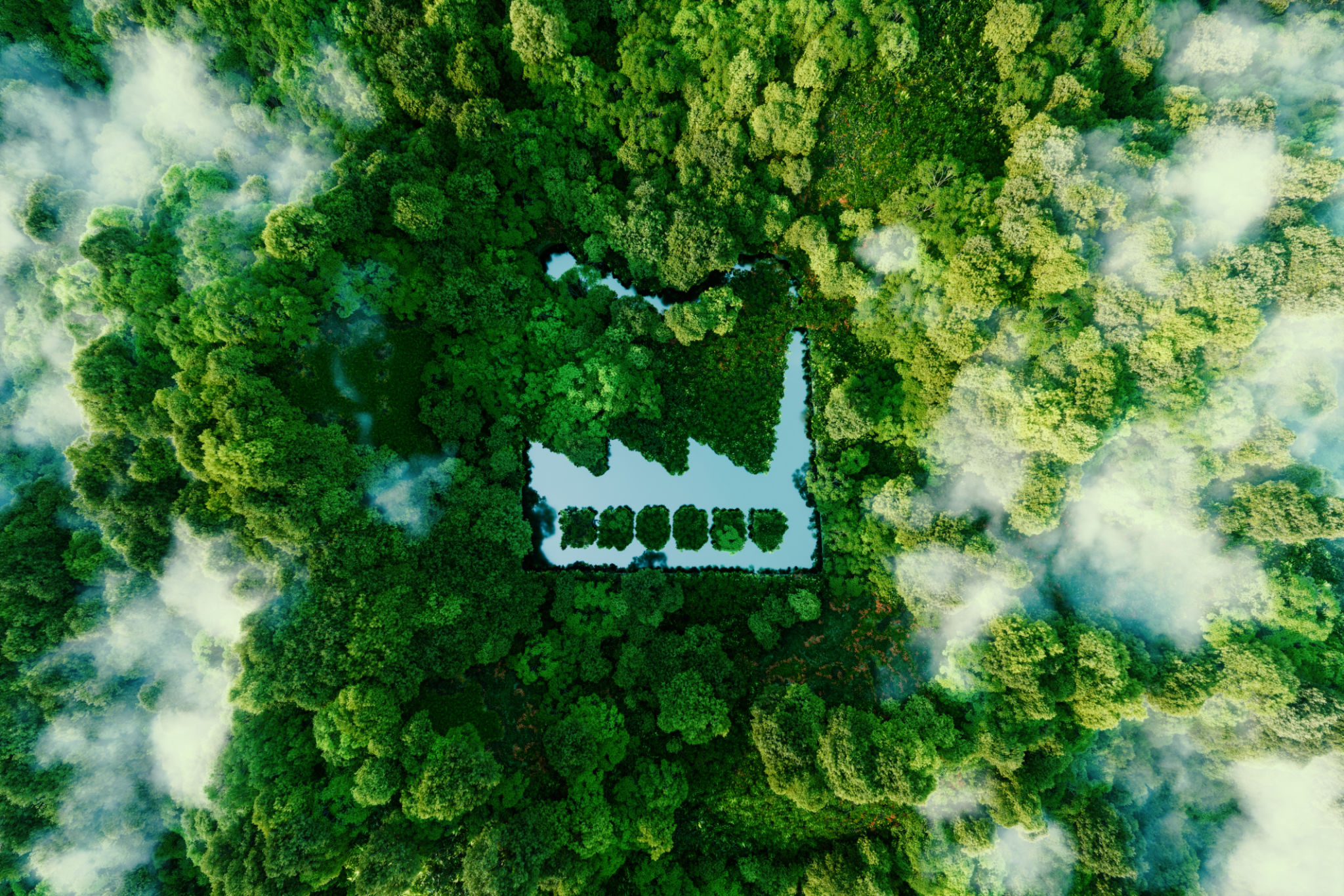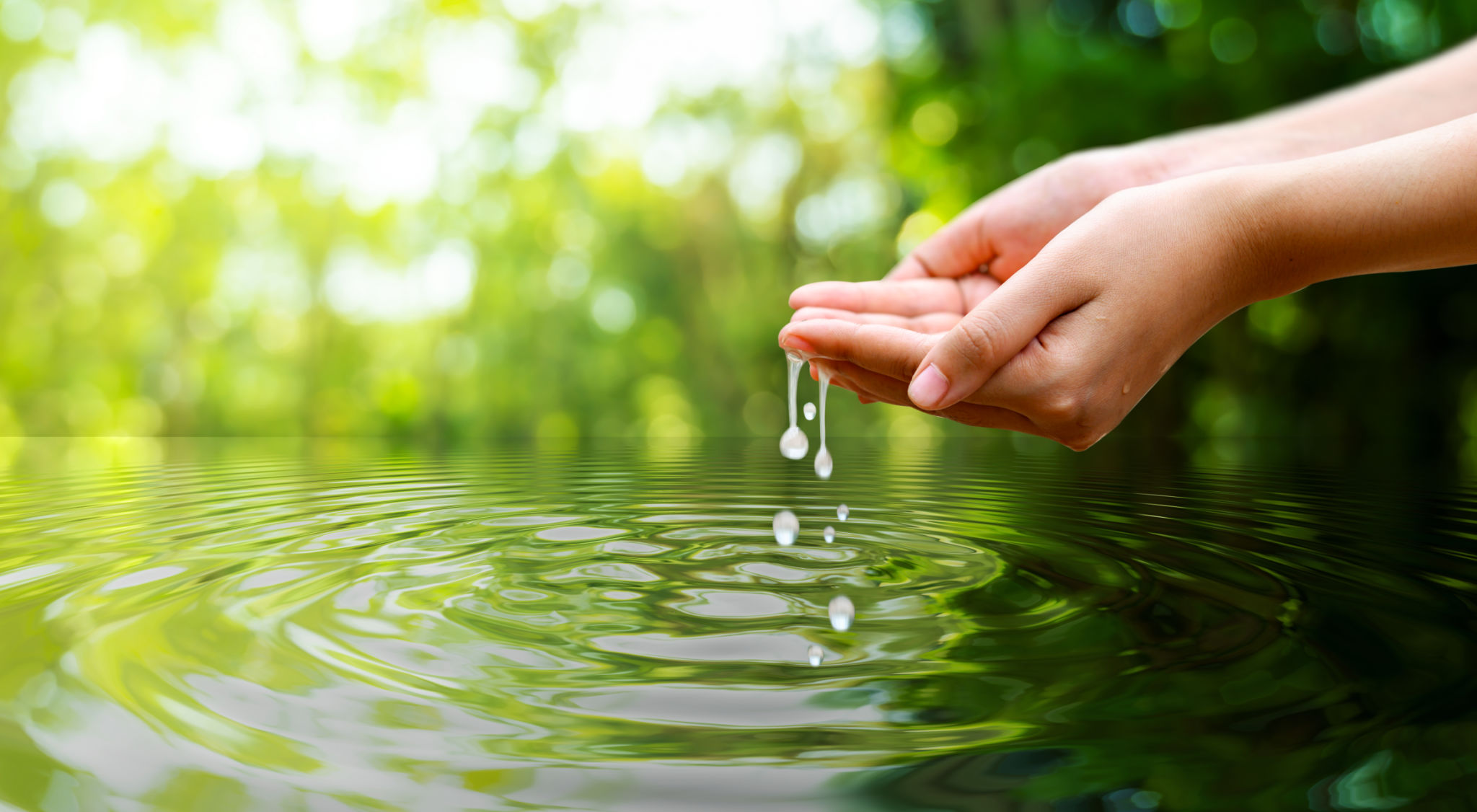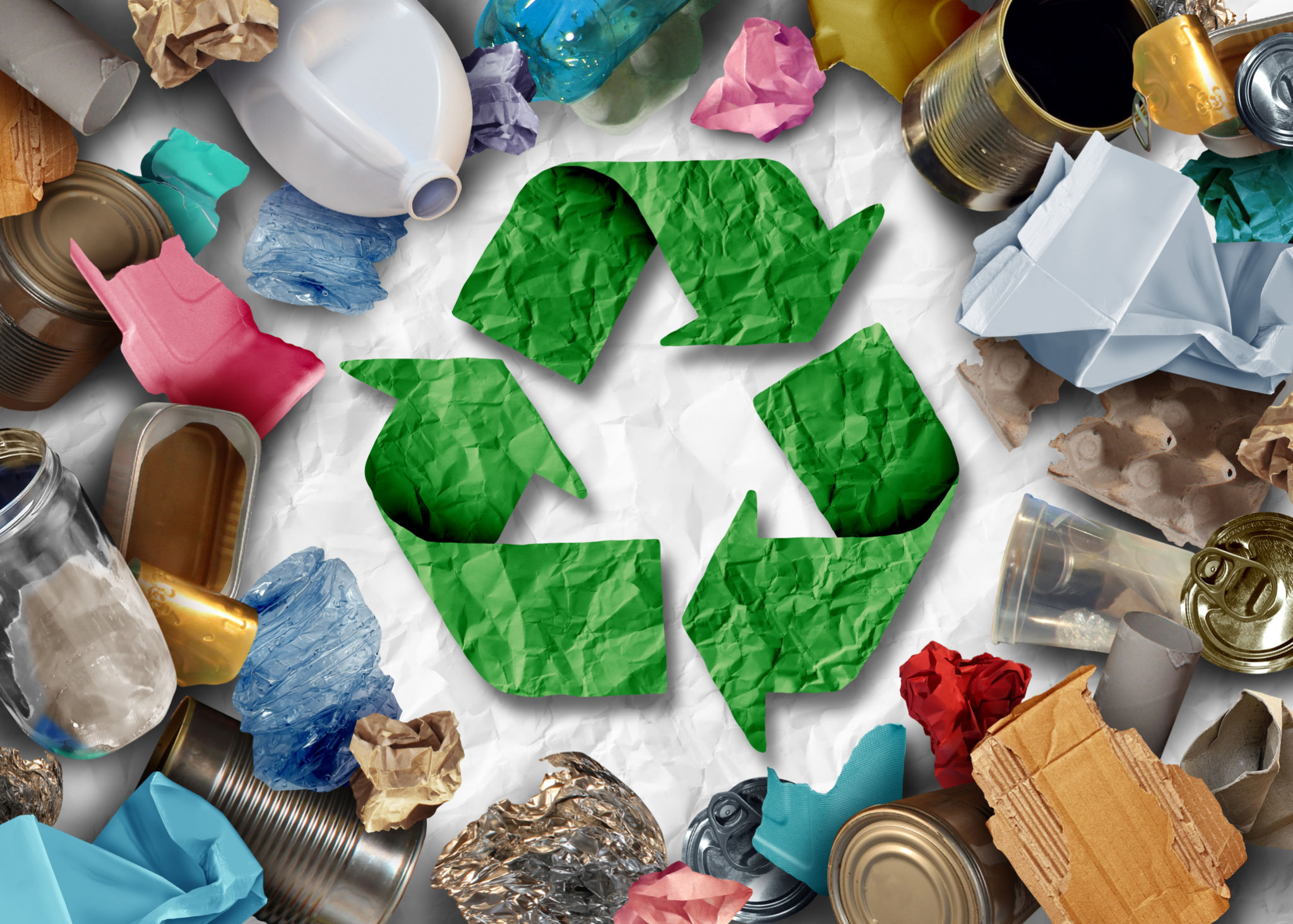Sustainable Practices in Sodium Chlorate Production: A Singapore Perspective
CH
Understanding Sodium Chlorate Production
Sodium chlorate is a key chemical used predominantly in the paper and pulp industry for bleaching processes. Its production involves the electrolysis of sodium chloride, often requiring significant energy consumption. As sustainability becomes a global priority, industries are increasingly exploring methods to reduce environmental impacts.
In Singapore, a hub of innovation and environmental stewardship, companies are actively pursuing sustainable practices in sodium chlorate production. This approach not only aligns with global environmental goals but also supports the city-state's commitment to fostering green industries.

Innovative Technologies for Sustainability
One of the pivotal strategies in achieving sustainability is the adoption of innovative technologies. In Singapore, companies are utilizing advanced electrolysis techniques to enhance energy efficiency. By optimizing the electrochemical processes, these companies can significantly reduce energy consumption, which is a major environmental concern.
Moreover, the integration of renewable energy sources, such as solar and wind power, into the production cycle further diminishes the carbon footprint. These efforts showcase a commitment to reducing reliance on fossil fuels, contributing to a more sustainable industrial landscape.
Water Management Practices
Water management is another critical aspect of sustainable sodium chlorate production. Singaporean companies are implementing closed-loop water systems to minimize water waste. By recycling water within the production process, these facilities can drastically lower their water usage, aligning with Singapore's broader water conservation strategies.

Additionally, advanced filtration technologies are employed to ensure that any discharged water is treated to meet environmental standards. This practice not only safeguards local ecosystems but also enhances the overall sustainability profile of the production facility.
Waste Reduction and Recycling
Reducing waste and promoting recycling are integral components of sustainable practices. In Singapore, sodium chlorate producers are focusing on minimizing by-products and ensuring that any waste generated is managed responsibly. Innovations in chemical recovery processes allow for the reuse of materials that would otherwise be discarded.
This commitment to waste reduction not only decreases environmental impact but also improves operational efficiency, offering economic benefits alongside ecological ones. Such initiatives highlight the importance of a circular economy in chemical manufacturing.

Regulatory and Community Engagement
The regulatory framework in Singapore supports sustainable practices by setting stringent environmental standards for chemical production. This ensures that companies remain accountable and transparent in their operations. Compliance with these regulations is crucial for maintaining Singapore's reputation as a leader in sustainable industrial practices.
Furthermore, engaging with local communities and stakeholders fosters a culture of sustainability. Companies often collaborate with educational institutions and environmental organizations to promote awareness and drive innovation in sustainable practices.
The Future of Sustainable Sodium Chlorate Production
As global demand for sodium chlorate continues to grow, Singapore's commitment to sustainable practices sets an example for other regions. By leveraging cutting-edge technologies and prioritizing environmental stewardship, Singaporean producers are paving the way for a more sustainable future in chemical manufacturing.
The ongoing efforts in innovation and sustainability demonstrate that it is possible to balance industrial growth with environmental responsibility. By continuing to invest in these areas, Singapore can maintain its leadership role in sustainable chemical production.
